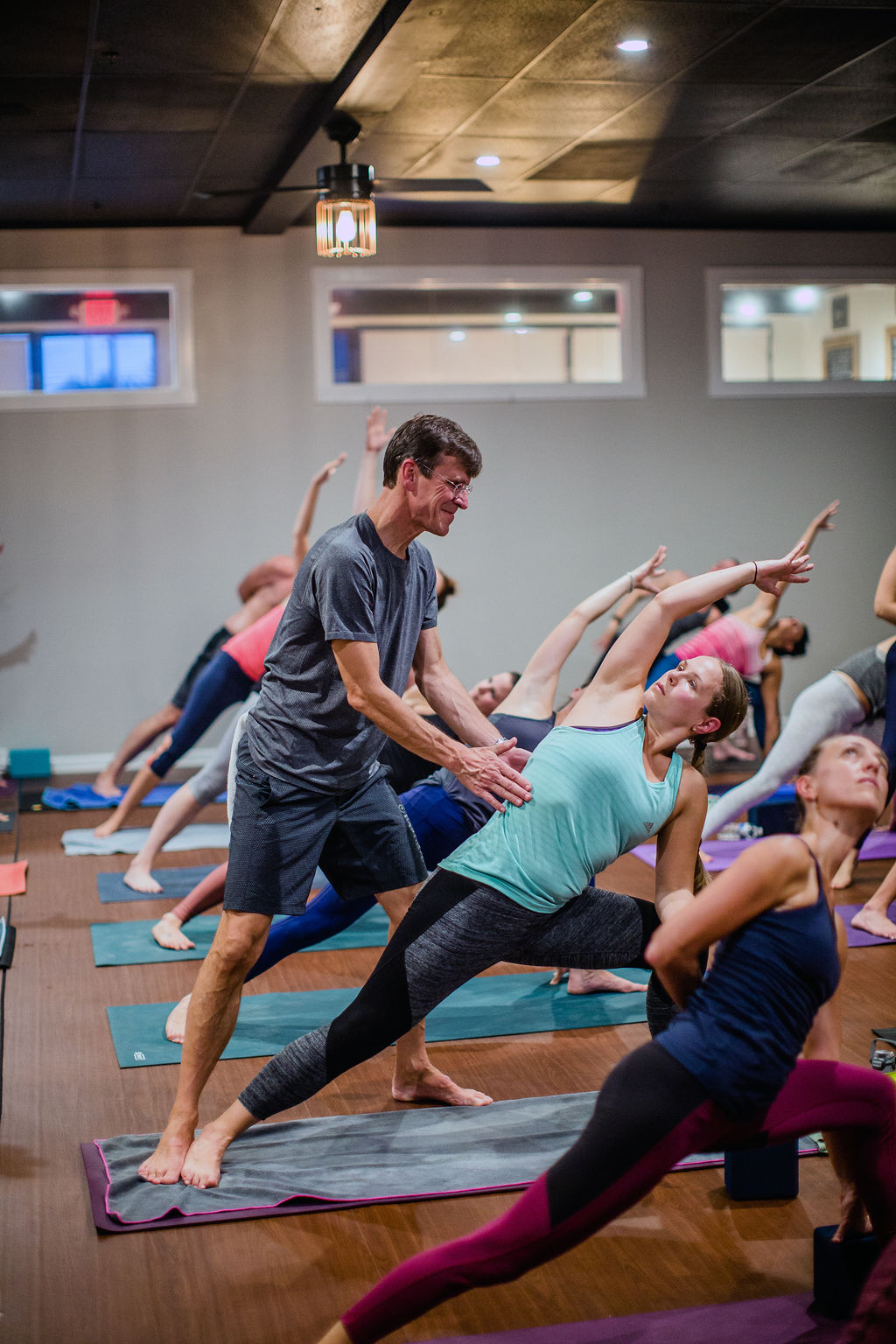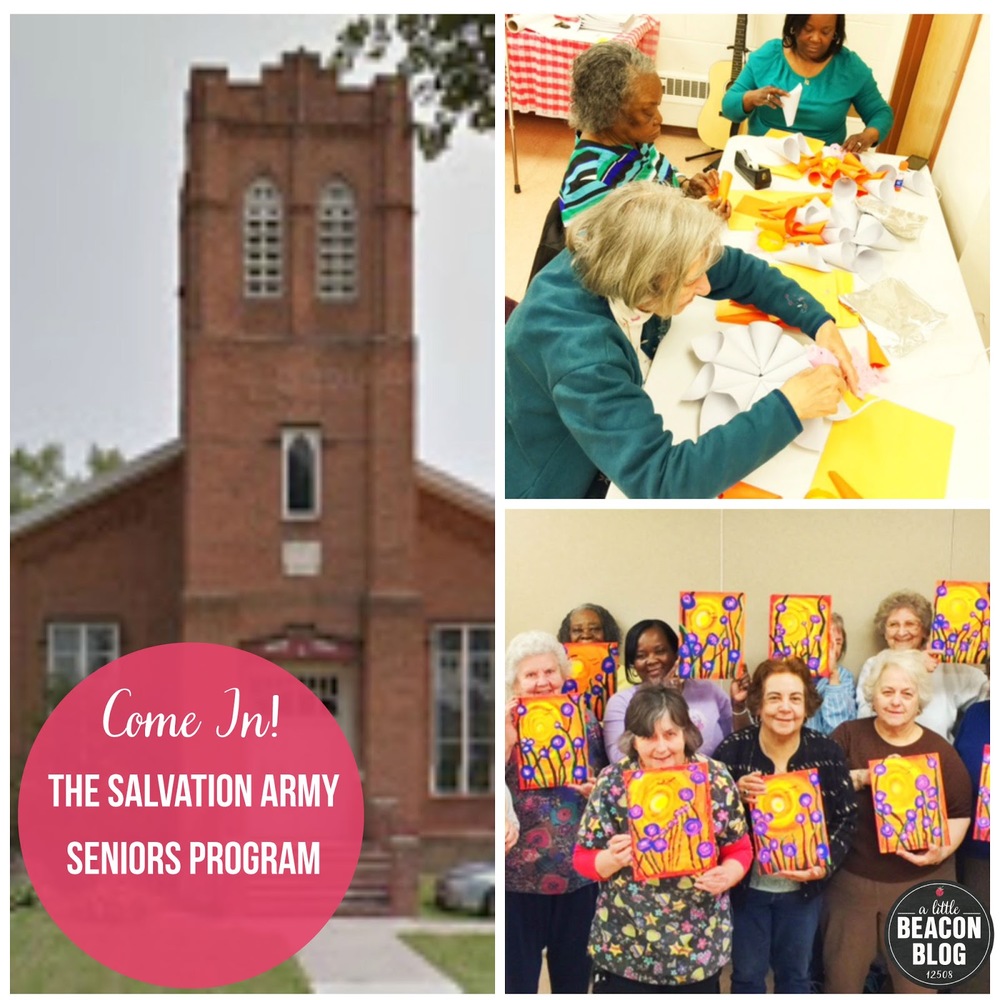You've read Wikipedia, right?
You've been in the car, in a restaurant, at a Trivia Night, sneaking views on Wikipedia to quickly answer a Very Big Question, like: "Were women really not allowed to own property?" Answer: You are correct! They weren't, until the Married Women's Property Act in 1939, when men needed to protect or hide their property from debt collectors during an economic crisis, and put their property into the name of their wives. Thanks Wikipedia for that info.
Wikipedia gets its info from the public - it's crowd-sourced - so random people contribute their knowledge with links and citations to back it up, thus creating this ever-growing encyclopedia.
Trouble is, according to a 2011 study, only 9% of these public editors are women. Editors can be anyone, but most of them are men.
Seeking: Women Editors on Wikipedia
Two librarians from the Beacon library are spearheading a local effort to better represent women on Wikipedia. As part of an Art+Feminism Edit-A-Thon, Rajene Hardeman and Gina Shelton are calling for people - of all gender identities and expressions - to participate in the daylong event on Saturday, March 24, at the Howland Public Library. The goal, in honor of Women's History Month, is to improve coverage of gender, feminism, and the arts on Wikipedia. Beginner Wikipedians are welcome! According to organizers, Art+Feminism Edit-A-Thons across the world have created and improved more than 11,000 articles since 2014.
Women make up about half of the population, so you’d think they’d (we’d) be represented equally on Wikipedia, right? Well, no, not so much. There are wayyyy fewer articles about women, and traditionally feminine topics, on Wikipedia according to this article, "Gender bias on Wikipedia" on Wikipedia. The Wikimedia Foundation, the nonprofit group behind Wikipedia and other public-information-focused sites, did a survey in 2010 to learn more about who pitches in to this colossal encyclopedia. It showed that less than 13 percent of contributors to Wikipedia's English-language pages were women. The 2011 survey showed the number had fallen further, to about 9 percent. Wikipedia author Sarah Stierch informally surveyed more than 300 other female contributors to dive into the “whys” behind women’s participation.
Survey says... A Supportive Community Can Help Narrow the Online Gender Gap
Stierch asked about women’s experiences participating in the author/editor process at the massive behind-the-scenes Wikipedia community. Most of the people who answered the survey said they enjoyed contributing, calling it fun and empowering. Some survey respondents talked about name-calling, harassment, racist/homophobic/sexist bias, argumentative behavior, and other forms of generally exhausting hassle - sometimes gender-based, sometimes not. But one response stood out: "I don't see how having a majority male editor population has harmed me, or any other women. I don't see how changing it will benefit me. I don't think the lack of equal representation is driven by anything other than failure to show up and help.”



























































